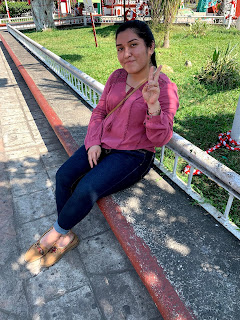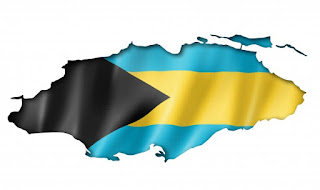Getting to know the Barbados
 |
| the Barbados's flag in the shape of the island |
 |
| Sugarcane |
The Dutch had advised the Barbados to have a sugar production due to the high demands of sugar. By doing so, this boosted their economy and this also meant the transportation of African slaves to work on the sugar cane plantations. In order for everything to fall in order between the whites and the African people, there had to be slave laws set. The race of one determined their status on the island ranging from whites, coloureds, and blacks. The main problem was power over the economy and laws set that angered many slaves working in the plantations. Eventually, slavery would be abolished but it took many rebellions and actions for that to happen.
The history of slavery and the growing economy of plantations is what interests me about the Barbados. It is is important to know the history of slavery because that is what made up the island's culture and economy around that time and until this day. Although slavery is not a great choice, slavery opened many opportunities for the island through it resources. It would be great to do more research of that and see how everything falls in one place.
“Barbados Population (LIVE).” Worldometer, www.worldometers.info/world-population/barbados-population/.
“Barbados.” The Virtual Caribbean Library, ggccaribbean.wpengine.com/listing/barbados/.
Jackson, Christopher Stewart , Phillips, Anthony De Vere and Marshall, Woodville K.. "Barbados". Encyclopedia Britannica, 6 Dec. 2020, https://www.britannica.com/place/Barbados. Accessed 17 February 2021.
Watson, Dr Karl. “History - British History in Depth: Slavery and Economy in Barbados.” BBC, BBC, 17 Feb. 2011, www.bbc.co.uk/history/british/empire_seapower/barbados_01.shtml.


Comments
Post a Comment